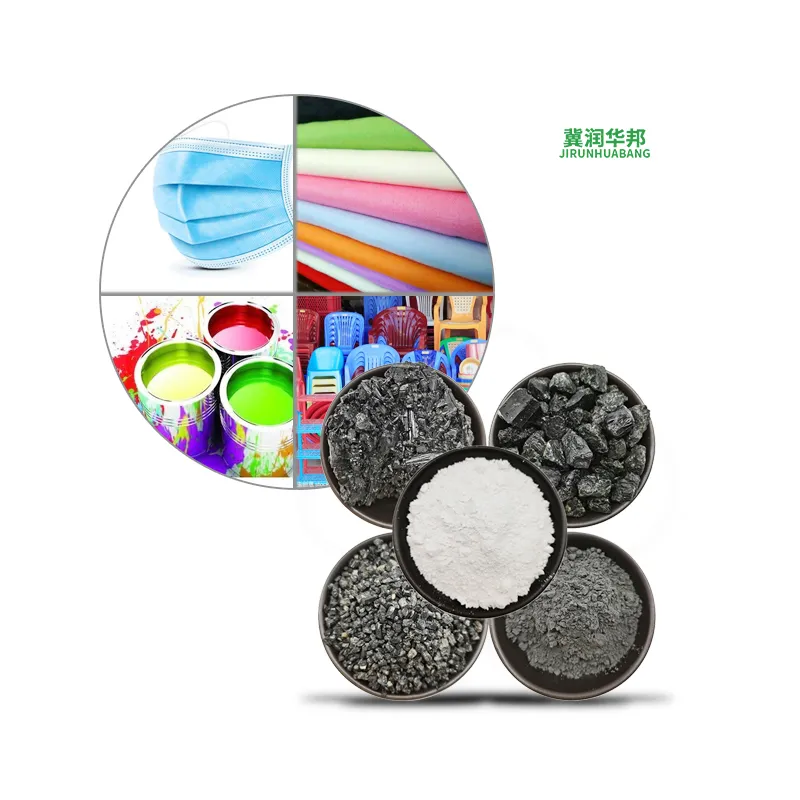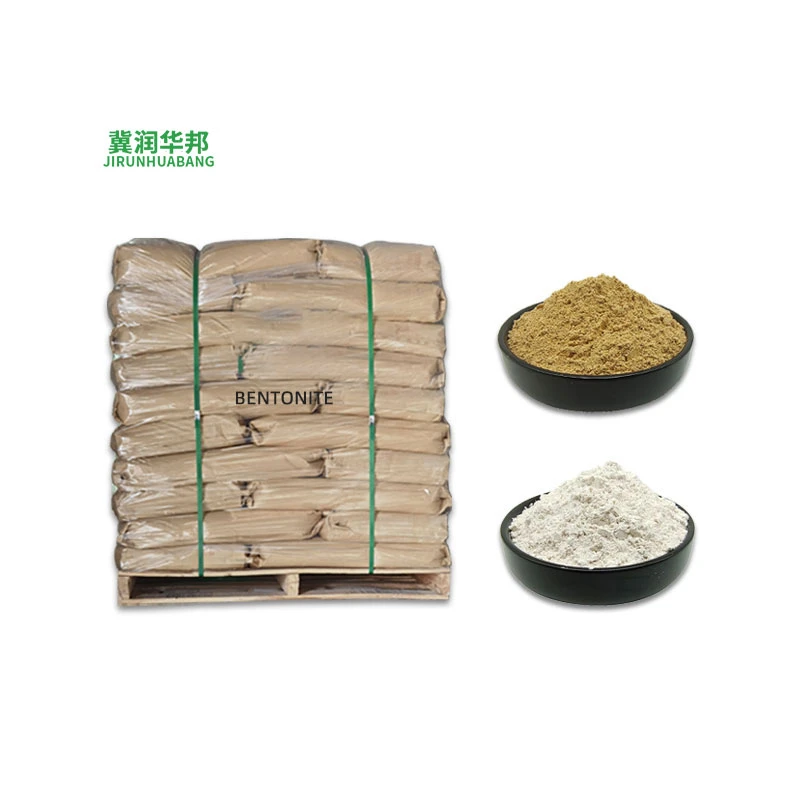Competitive Wollastonite Price per Ton Bulk Savings & High Purity
Back to list
- Global wollastonite market dynamics and pricing influencers
- Technical properties driving premium value in wollastonite
- Competitive analysis of major manufacturers worldwide
- Custom formulation development for specialized applications
- Performance comparison across industrial case studies
- Cost-efficiency considerations across material grades
- Strategic procurement approaches amid market volatility

(wollastonite price)
Understanding Wollastonite Price in Global Market Dynamics
Wollastonite prices per ton fluctuate significantly based on geological sourcing, mineral purity, and processing complexity. Current pricing benchmarks indicate:
- Standard grades: $150-$250 USD per metric ton
- High-purity powder (98%+): $300-$500 USD per ton
- Surface-modified specialty grades: $700-$1,200 USD per ton
Recent geological surveys reveal India controls 35% of global deposits while China dominates production at 210,000 tons annually. Trade data shows 6-8% year-over-year price increases since 2020 due to calcination technology costs and ESG compliance investments. Supply chain disruptions during the pandemic caused temporary 22% price surges, demonstrating the mineral's sensitivity to logistic variables.
Technical Superiority Driving Value Premiums
Advanced milling technologies generate wollastonite powders with aspect ratios exceeding 20:1, commanding 40% price premiums over standard grades. The acicular particle morphology provides mechanical reinforcement unattainable with competitive minerals. Manufacturers like NYCO Minerals have developed proprietary surface treatments that enhance polymer adhesion by 200%, substantially improving impact resistance in automotive composites. These engineered powders directly replace carcinogenic asbestos in friction applications while offering 15-20% weight reduction advantages.
Global Supplier Landscape Analysis
| Manufacturer | Purity (%) | Price/Ton (USD) | Average Particle Size | Specialized Grades |
|---|---|---|---|---|
| Nordkalk Corporation | 94-97% | $210 - $290 | 15-100 μm | Ceramic fluxes |
| NYCO Minerals | 98.5%+ | $490 - $650 | 3-30 μm | Polymer reinforcement |
| Jilin Shanwei | 92-95% | $170 - $240 | 20-150 μm | Construction filler |
| Wolkem India | 96-98% | $330 - $410 | 10-50 μm | Friction products |
North American producers typically command 15-25% premiums over Asian counterparts due to stringent quality certifications, while Indian manufacturers provide optimal value for medium-grade technical applications.
Engineered Solutions for Application-Specific Requirements
Leading suppliers offer co-development programs for:
- Polymer reinforcement: Aspect ratio optimization reduces resin consumption by 12-18%
- Dental ceramics: Ultra-fine (<5μm) powders with controlled Ca:Si ratios
- Friction materials: Surface-modified needles enhancing wear resistance
Typical customization adds $90-150 per ton to base pricing but delivers 3-5x performance ROI through extended product lifecycles. Testing protocols include thermal stability validation up to 1,150°C for foundry applications and CTE matching for electronic encapsulants.
Industry Application Performance Metrics
Field data demonstrates wollastonite's economic impact across sectors:
- Automotive: 18% reduction in brake pad wear versus aramid fibers
- Construction: 30% cement replacement rate decreasing CO₂ footprint
- Polymers: 40% increase in HDT without weight penalties
In agricultural trials, wollastonite-treated soils showed 22% higher crop yields compared to conventional lime amendments, validating its micronutrient delivery capabilities at comparable material costs.
Cost-Efficiency Optimization Strategies
Technical assessment of filler loading levels reveals:
- PVC composites: Optimal 25-35% loading achieves peak impact strength
- Coatings: 15-20% loading maintains viscosity requirements
Volume purchasing contracts (min 500 tons) typically secure 8-12% discounts, while accepting 2mm top-size material instead of micronized powder reduces wollastonite powder price by 35%. Technical certifications like ISO 14001 add less than 3% to total costs but enable market access to regulated industries.
Navigating Wollastonite Price Volatility
Forward contracting has proven effective against spot market fluctuations exceeding $80 per ton quarterly. Industry analysts forecast 5-7% annual wollastonite price
increases through 2028 as metallurgical applications expand. Strategic partnerships with vertically integrated suppliers reduce logistic costs by 18-22%, particularly for North American consumers. When evaluating price per ton, consider that premium grades deliver hidden savings through 15-30% reduction in material usage versus standard fillers.

(wollastonite price)
FAQS on wollastonite price
以下是根据要求创建的5组英文FAQs,使用HTML富文本格式:Q: What factors influence wollastonite price?
A: Wollastonite pricing depends on purity levels (e.g., 98% vs. 99%), particle size distribution, and order volume. Additional factors include extraction costs and global demand. Transportation fees also impact final quotes for buyers.
Q: How much is wollastonite per ton currently?
A: Current wollastonite price per ton ranges between $150-$350 USD for standard grades. High-purity micronized powder can reach $500-$800/ton. Volatility occurs quarterly based on mining output and industrial demand fluctuations.
Q: Where to find reliable wollastonite powder price data?
A: Industry platforms like Industrial Minerals or Argus Media publish quarterly price indexes. Manufacturer websites (e.g., Nordkalk, Canadian Wollastonite) provide real-time quotes. Bulk buyers should request customized quotations for accurate pricing.
Q: Why does wollastonite powder cost more than raw ore?
A: Processing expenses like grinding, chemical treatments, and quality control increase costs. Micronization technology for ultra-fine powders adds significant production overhead. Tight particle size specifications (+/- 5 microns) also elevate prices.
Q: Can wollastonite price be negotiated for bulk orders?
A: Yes, suppliers typically offer 10-25% discounts for 20+ ton shipments. Contracts above 100 tons often include flexible payment terms. Pricing tiers vary by manufacturer, so request volume-based quotations.
